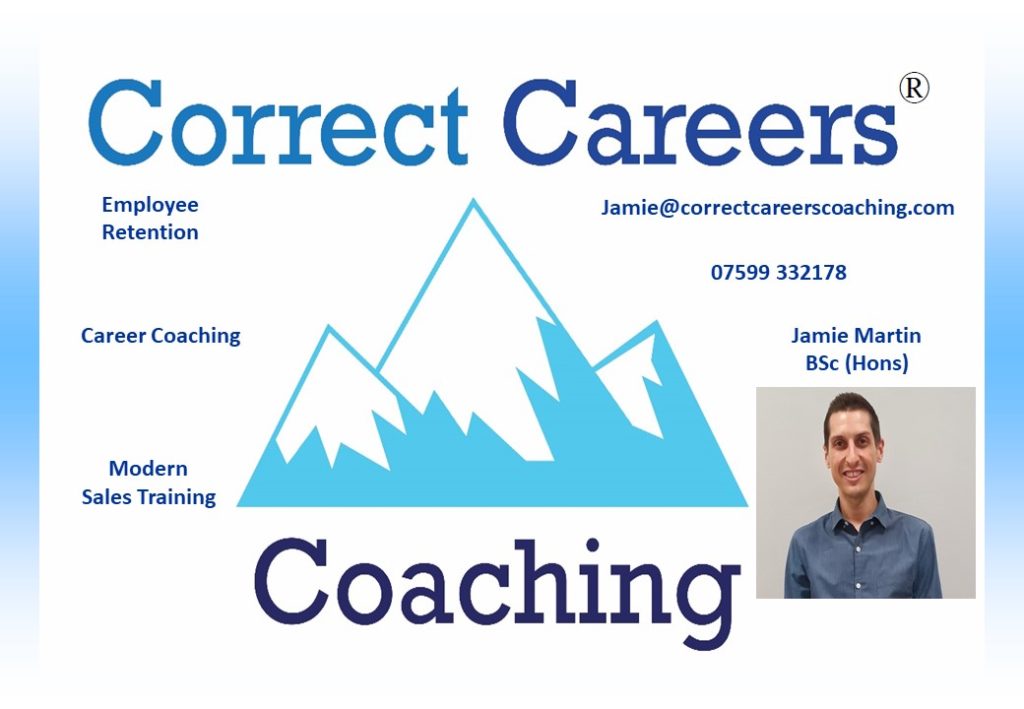
Top Tip #1 What to think about before negotiating? – If you are thinking about negotiating/discounting your service/product to a customer; the reasons should be for the value of working with this customer. After discounting from your full/standard prices with a customer, it may be difficult to increase the price in future sales. The value questions you should consider are: will you receive repeat business? Is this sale a large volume? Is this sale of high value? Does this customer have an internal network/referral base that will give you further business?
Top Tip #2 Only negotiate in person/video conference -Face to face with a customer during negotiations will benefit you instead of negotiation over phone, email, etc. In person, you can read the expressions and body language reactions of a customer. Read the buying signals from the customer e.g. the questions they ask you about your service/product. Use your judgement to decide when to stop the negation and close the sale. It is also easier to have a proposal/deal signed when you’re sitting next to the customer.
Top Tip #3 Needs-based sell by what your current customers say ⭐- Demonstrate the value of your service or product to a customer from case studies/testimonials you have received from previous customers who have already used your service or product. Visualise (by storytelling) the outcomes/results your service or product have had from other similar customers this will help with the emotional motives of the buying process. This new customer will relate more to hearing real feedback from and likely to proceed from concern of missing out ✅
Top Tip #4 Close quickly with less options – During the negotiation stages close the sale soon, if the customer has too long to think about proceeding with the purchase, they are more likely to not proceed or want to renegotiate further. Customers will take longer deciding if you provide them with too many options; when pitching and negotiating only provide 1 or 2 options to the customer to increase the chances of a sale within a shorter timeframe.
Top Tip #5 Be willing to walk away -If the customer is trying to negotiate past your lowest threshold, explain to this customer the benefits of your service/product and for these reasons it is worth the price you quoted. If the customer is truly interested, they will come back to you to proceed; now you will have more control of the negotiation. If this customer doesn’t contact you again – you will always find another customer who will buy your service/product!
And finally – sales and negotiation can be challenging, for any successes you have, reward and remind yourself what you have achieved!
Research from Correct Careers Coaching found evidence that 83% of sales professionals feel they require support in using social media for building business relationships, emphasising sales professionals seeking to try new approaches to increase business sales.
If you would like to have a more detailed discussion regarding negotiation and selling techniques to action these tips for your business contact Jamie on:
Jamie Martin BSc (Hons), PGCert (Managing Director & Founder) of Correct Careers Coaching.
Jamie@correctcareerscoaching.com and 07599 332178.
www.correctcareerscoaching.com
LinkedIn: Correct Careers Coaching
Facebook: @CorrectCareersCoaching
Instagram: CorrectCareers
Twitter: @CorrectCareers




